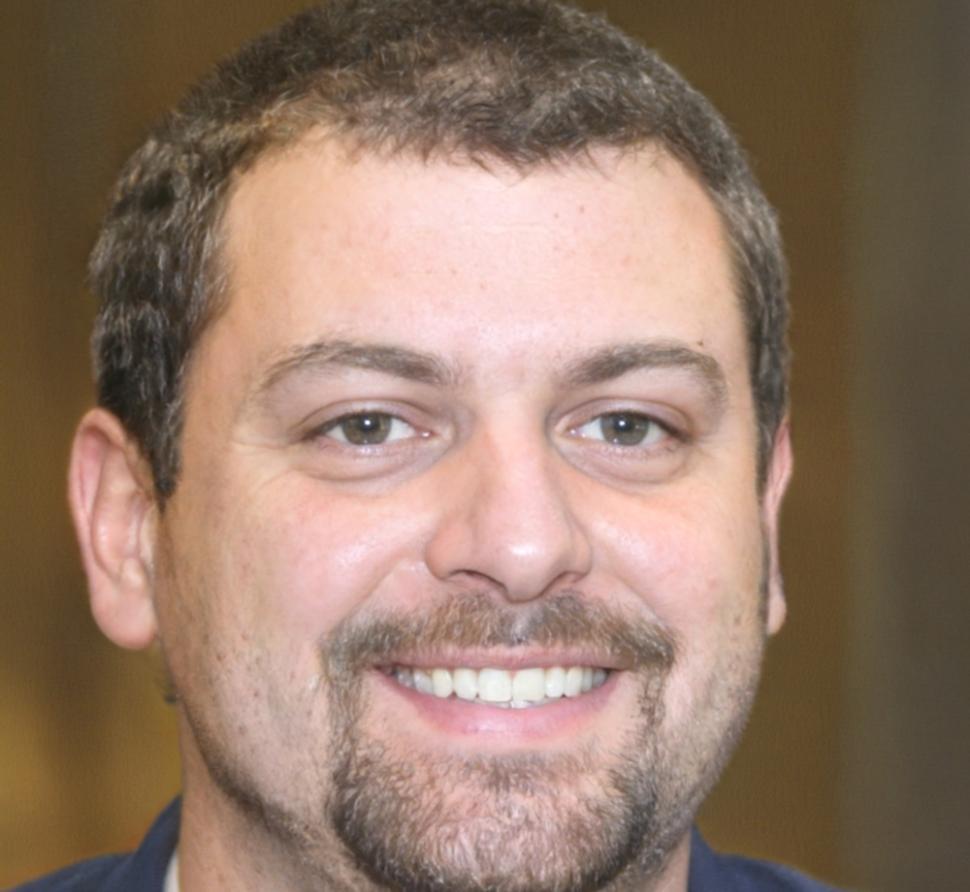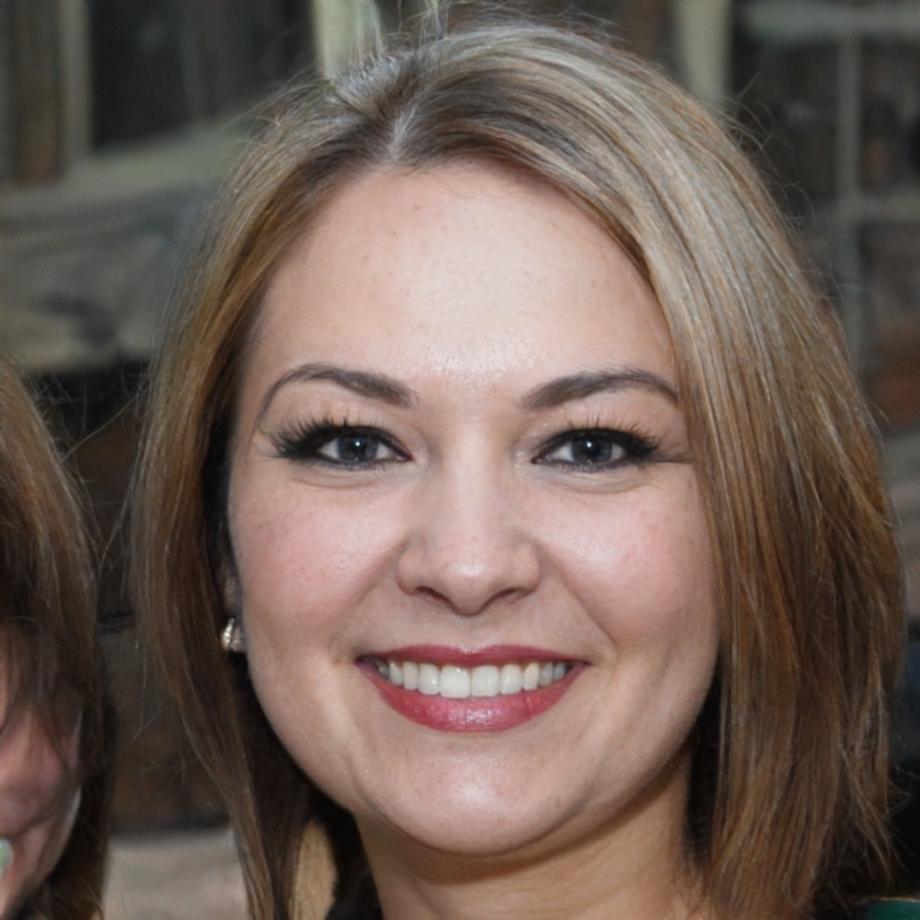Choose Your Learning Path
Every student brings different experience and goals. We've designed multiple pathways to help you find the approach that matches your current situation and career objectives.
Foundation Track
Perfect for newcomers to financial analysis. Covers fundamental concepts, basic modeling techniques, and essential Excel skills. You'll work through practical exercises using real company data.
Professional Development
Designed for professionals looking to enhance their analytical skills. Advanced modeling, scenario analysis, and strategic financial planning with industry-specific case studies.
Specialization Focus
Deep dive into specific areas like investment analysis, risk assessment, or corporate finance. Small cohorts allow for personalized attention and specialized projects.


